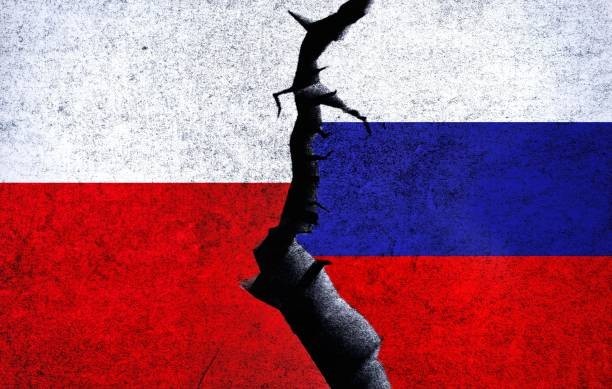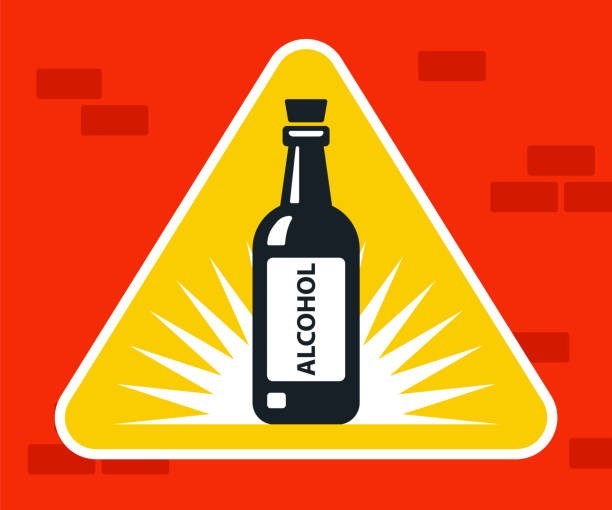views
#VodkaFacts #DrinkTrivia #LiquorLovers #CocktailCulture #AlcoholFacts #BarTrivia #VodkaLovers #SpiritKnowledge
1. Vodka’s Name Means “Little Water”

The word “vodka” comes from the Slavic word “voda,” meaning water, with the diminutive form roughly translating to “little water.” This is fitting because vodka’s crystal-clear appearance can easily be mistaken for water. The name first appeared in written records in the 14th century. Early vodka was far from the smooth drink we know today — it was harsh, strong, and often used for medicinal purposes. Over time, distillation techniques improved, and vodka became a beloved spirit across Eastern Europe. Its simple name reflects its unpretentious nature, even though making a high-quality vodka is anything but simple.
2. Russia and Poland Both Claim to Have Invented Vodka

There’s an ongoing debate between Russia and Poland over who first created vodka. Poland has records of vodka production as early as the 8th century, while Russia’s earliest references date to the late 9th century. Each country has its own style, traditions, and recipes. In Russia, vodka became a national drink tied to cultural celebrations, while in Poland, it was often infused with herbs and fruits for flavor. This friendly rivalry continues today, with both nations proud of their vodka heritage. Regardless of its exact birthplace, vodka remains one of the most popular spirits worldwide.
3. Vodka Can Be Made from Almost Anything

Unlike some spirits that require specific ingredients, vodka is incredibly versatile. While it’s traditionally made from grains like wheat, rye, or barley, it can also be distilled from potatoes, corn, grapes, and even beets. The key requirement is that the base ingredient must contain starch or sugar that can be fermented. This adaptability has allowed vodka production to spread across the globe, with each region using what’s most abundant locally. Some craft distillers even experiment with unusual bases like quinoa or maple sap, giving vodka unique flavor profiles while still keeping its signature smoothness.
4. Vodka Is the World’s Most Popular Spirit

In terms of global consumption, vodka consistently ranks as the most popular spirit, especially in Eastern Europe, North America, and parts of Asia. Its neutral flavor makes it a go-to base for countless cocktails, from martinis to screwdrivers. Because it pairs well with almost any mixer, vodka appeals to a wide range of tastes and drinking occasions. In countries like Russia, vodka is often enjoyed neat in small glasses, accompanied by toasts and traditional snacks. Its global dominance speaks to its versatility, cultural significance, and the fact that it works equally well for casual drinks and formal celebrations.
5. The Strongest Vodka in the World Is 96% Alcohol

Most commercial vodkas are bottled at 40% alcohol by volume (ABV), but some extreme versions push the limits. The strongest vodka on record, Spirytus Rektyfikowany from Poland, is a rectified spirit with an astonishing 96% ABV. It’s not meant for casual sipping — in fact, it’s so strong that it can be dangerous if consumed undiluted. Instead, it’s typically used in very small quantities for cocktails or homemade liqueurs. This ultra-high-proof vodka showcases the power of modern distillation, but it’s a reminder that strength doesn’t always equal drinkability.
6. Vodka Was Once Used as Medicine

In its early days, vodka wasn’t just a recreational drink — it was considered a remedy for various ailments. In medieval Russia and Poland, vodka was used to disinfect wounds, reduce fever, and ease toothaches. Apothecaries sometimes infused it with herbs to enhance its healing properties. During the Napoleonic Wars, vodka was even issued to soldiers as both a disinfectant and a morale booster. While modern medicine has replaced vodka for these purposes, its historical role as a cure-all shows how deeply ingrained it was in daily life centuries ago.
7. Vodka Freezes at Extremely Low Temperatures

Unlike water, vodka doesn’t freeze at standard freezer temperatures. A typical home freezer runs at around -18°C (0°F), but vodka’s freezing point is closer to -27°C (-16.6°F) due to its alcohol content. That’s why you can store a bottle in the freezer and it will stay liquid, often becoming thicker and smoother in texture. Many vodka enthusiasts recommend chilling it before serving to enhance its clean taste and reduce any harshness. This unique property makes vodka an ideal spirit for ice-cold shots without the risk of turning into a solid block.
8. Vodka Can Be Used for Cleaning and Cooking

Thanks to its high alcohol content and neutral smell, vodka has a surprising range of non-drinking uses. It can be used to clean glass, remove stains, disinfect surfaces, and even preserve flowers. In cooking, vodka appears in recipes like vodka sauce, where it helps release flavors in tomatoes and herbs that are otherwise locked away in fat. Bartenders also use it to make homemade extracts and infusions. This versatility outside the bar proves vodka isn’t just a drink — it’s a multi-purpose liquid with practical benefits.
9. Vodka Has Inspired Strange Flavors

Over the years, distillers have experimented with countless vodka flavors — some delightful, others downright bizarre. Alongside popular fruit and vanilla infusions, there have been vodkas flavored like bacon, smoked salmon, wasabi, and even birthday cake. In some markets, you can find vodka infused with edible gold flakes or packaged in skull-shaped bottles. While purists may prefer traditional, unflavored vodka, these creative varieties appeal to adventurous drinkers and those looking for a novelty gift. The world of flavored vodka is proof that this spirit continues to evolve in fun and unexpected ways.
10. Vodka Has a Role in Space Exploration

While vodka isn’t officially part of astronaut supplies, it has made its way into space history. In the Soviet era, some cosmonauts reportedly smuggled small amounts aboard missions as a morale booster. It’s also been used symbolically during spacecraft launches and celebrations. On Earth, vodka has been involved in experiments related to alcohol evaporation and distillation in microgravity. Whether fact or legend, vodka’s association with space travel adds a playful twist to its already rich history, showing that it’s a drink that’s traveled far beyond the bar.




















Comments
0 comment